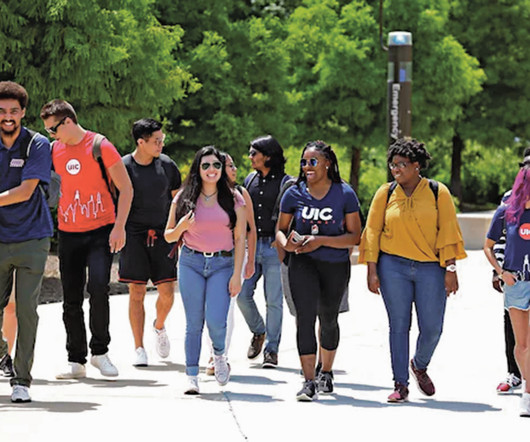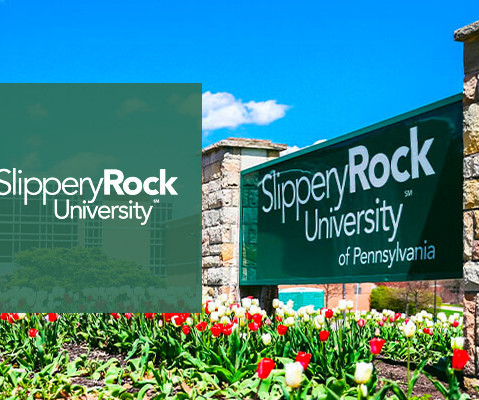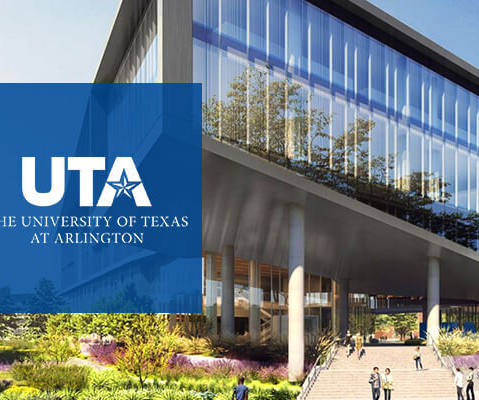2023 Seal of Excelencia
Diverse: Issues in Higher Education
OCTOBER 9, 2023
Angelo State University in San Angelo, Texas, partners with over 62 high schools across the state, facilitating college access for Latino, rural, and other marginalized communities. That sends a powerful message to students and also the faculty that they’re valued, and it has led to retention and growth.” Hawkins Jr. Hawkins, Jr.















Let's personalize your content